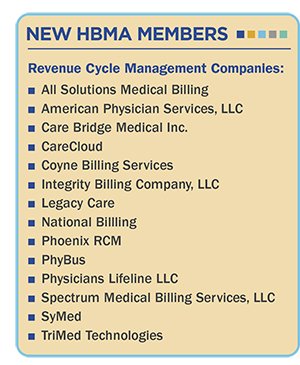On April 26th, HBMA participated in a meeting with the Government Accountability Office (GAO) to provide feedback on the No Surprises Act (NSA) Independent Dispute Resolution (IDR) process. The NSA requires the GAO to study IDR implementation and publish a report on its findings, with recommendations on how to improve the process. As is typical with these reports, the GAO interviews stakeholder organizations to inform them of its report and recommendations (the GAO does not attribute its findings to any specific organization). The GAO invited HBMA to share our perspectives and to learn how the RCM industry participates in the IDR process. According to an internal survey, approximately 30% of HBMA members participate in the IDR process on behalf of their clients.
The hour-long meeting covered 12 specific questions from the GAO that ranged from basic information about the RCM industry to granular details about the IDR process.
HBMA’s answers focused on three key themes:
- Helping GAO understand the RCM industry’s role in the IDR process. The GAO wanted to know about the decision-making process for initiating disputes and how to structure disputes. HBMA emphasized how these decisions are collaborative but are ultimately led by clients.
- Explaining the many challenges disputing parties face using this process. This includes working with health plans during the open negotiation period, using the IDR portal, working with the IDR entities, and receiving payments from health plans after a determination is made.
- Emphasizing the need for CMS to enforce many aspects of the IDR, including payment from health plans after a determination is made, and auditing health plans’ qualifying payment amount (QPA) for accuracy.

HBMA explained that CMS should have anticipated a higher volume of disputes based on publicly available data from similar processes established by states before the NSA was passed. We also explained how the health plan is responsible for informing providers if the NSA applies to a claim or not, and how they can easily make this information available, but ultimately do not. HBMA also argued that CMS’ decision to raise the non-refundable IDR administration fee by 600% is not only unfair to many providers, but also not the right way to prevent ineligible disputes.
The GAO is required to publish its report before the end of this year. HBMA has offered to be a resource to the GAO as it develops its report.
